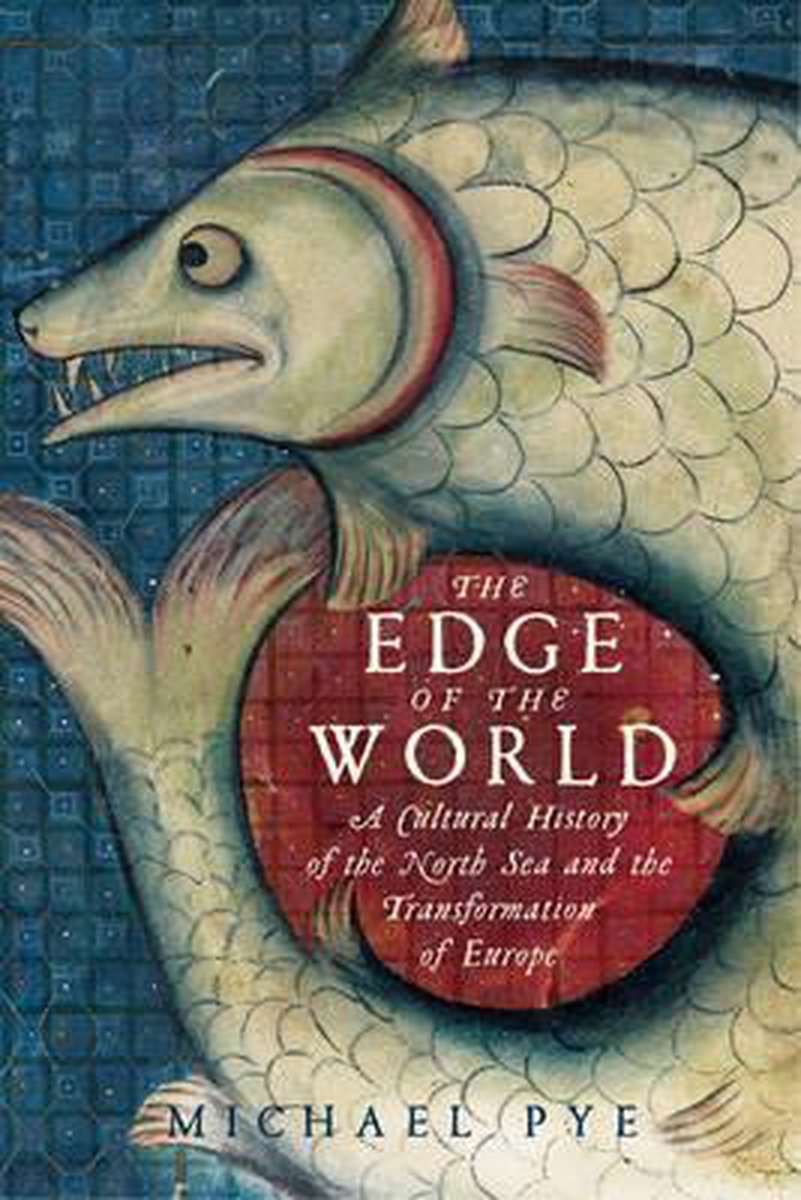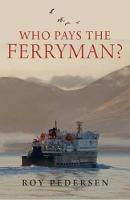

Already 800- 500 BCE Gotlandic merchants had a large trading emporium in Achmulova on the Volga. Details: įoreword To understand the history of the Gotlandic Merchant Republic and its Medie- val Churches, one must fully realize that Gotland was an independent Merchant Republic, the hub of the Baltic Sea region, which from time immemorial had its relations mainly east and south and controlled trade on the Russian rivers from time to time. New insights from a range of fields, including jurisprudence, theology, the history of cartography and anthropology, are used to provide fresh readings of a wide range of both insular and continental writings.

Whether it is Britain's privileged place in the geography of salvation or the political fiction of the idyllic island fortress, medieval English writers' myths of the sea betray their anxieties about their own insular identity their texts call on maritime motifs to define England geographically and culturally against the presence of the sea. Beginning with a discussion of biblical, classical and pre-Conquest treatments of the sea, it investigates how such works as the Anglo-Norman Voyage of St Brendan, the Tristan romances, the chronicles of Matthew Paris, King Horn, Patience, The Book of Margery Kempe and The Libelle of Englyshe Polycye shape insular ideologies of Englishness. As the first cultural history of the sea in medieval English literature, this book traces premodern myths of insularity from their Old English beginnings to Shakespeare's Tempest.


 0 kommentar(er)
0 kommentar(er)
